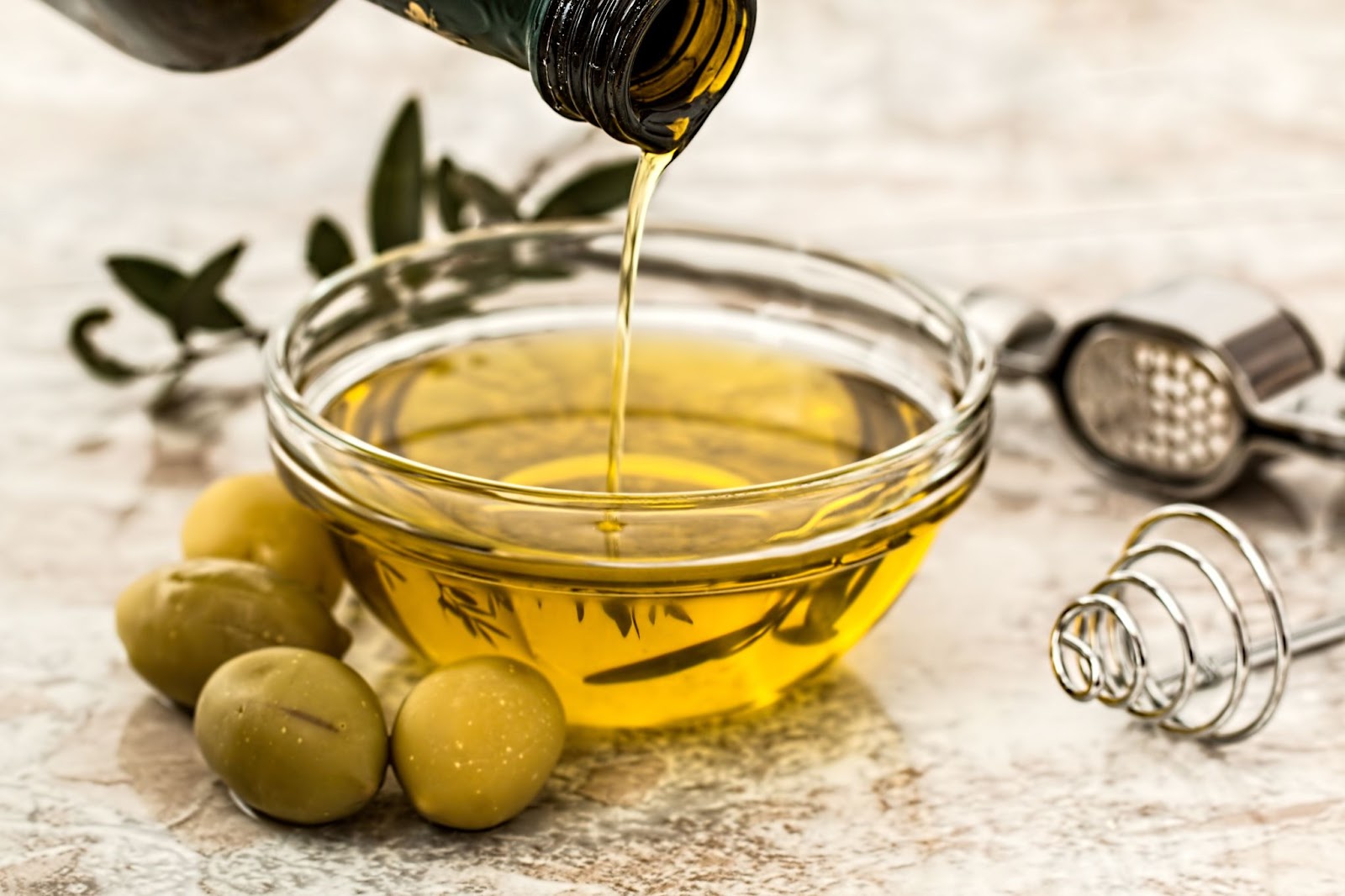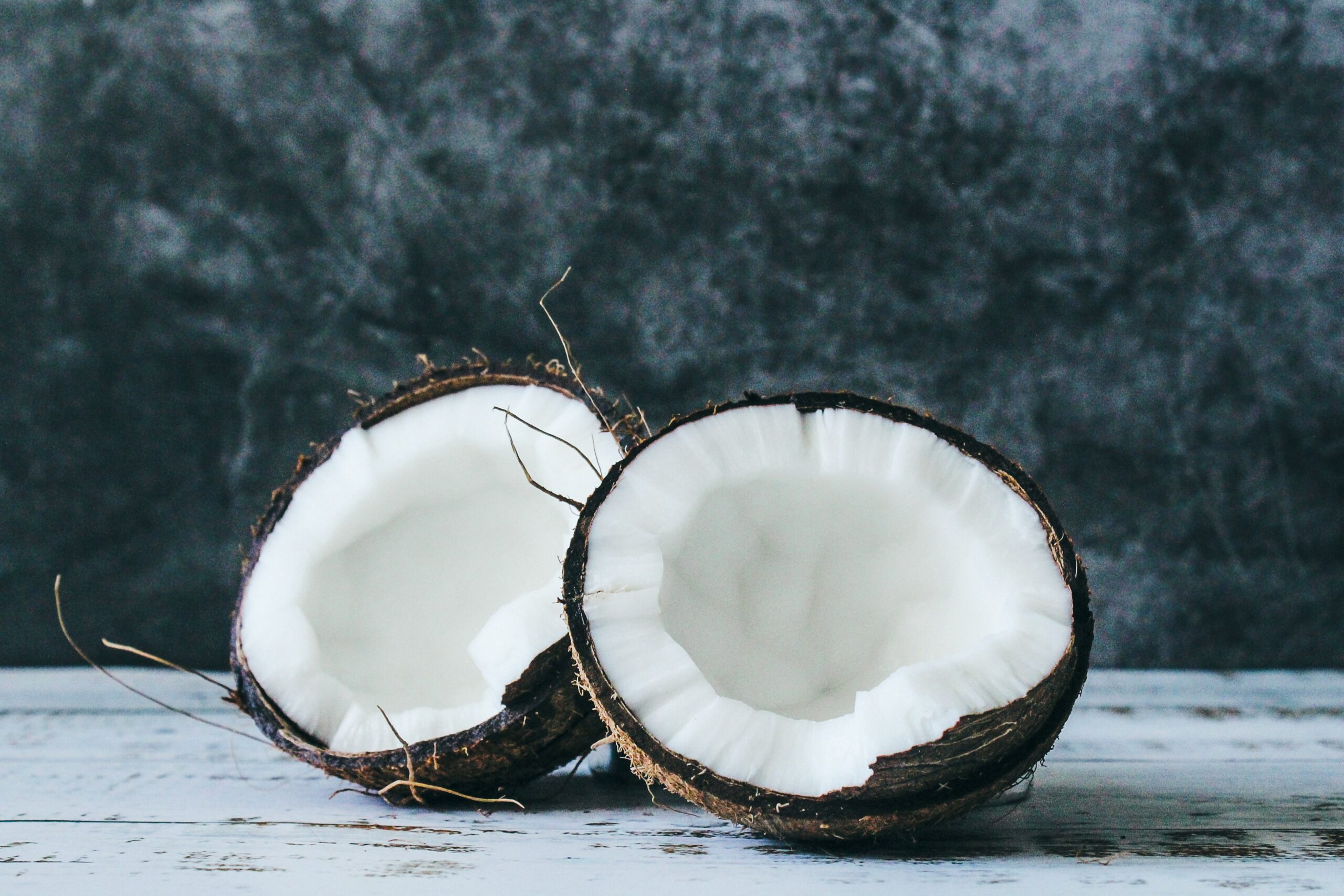
When it comes to our food choices, there’s enough complexity to deal with given the basic ingredients. Trying to sort out the healthiest fruits and vegetables to best promote weight loss can be difficult. There’s a reason so many people come to Chef V for the best juice cleanse for weight loss, after all!
But there’s often an element of cooking that gets forgotten amidst all the other ingredients—cooking oil. What you cook your food in can affect your health like any other ingredient. But exactly how much of a health consideration are cooking oils? And which are the healthiest?
Why cooking oil choice matters
Before we can get down into the nitty-gritty of canola versus vegetable oil, it’s important to establish precisely why cooking oil choice matters. After all, it’s just what we use to cook our actual food, right?
Well, there ain’t no such thing as a free lunch, and that applies to the chemistry of cooking as well. You might have heard of something called a “smoke point” in oil. This is where oil starts to burn and smoke rather than just simmer. This “burning” also can release potentially harmful materials, such as free radicals or acrolein. These substances can damage your cells and organs. So the smoke point is something to consider as far as health goes.
But, on the flip side, many oils contain valuable vitamins and minerals. The right oil can add in useful, healthful substances to a meal that wasn’t there to begin with. Oils often contain a mixture of different fats, which can be good or bad depending on the particular type.
As a last note, it’s also essential to consider the origin of your cooking oils, beyond simply the type. Just like with any food, cooking oils can be filled with additives. It pays to read the labels, and find organic options if possible.
Cooking oils, measured up
Avocado oil
Avocados are a delicious, nutritious addition to a variety of great recipes. But did you know you can use avocado oil for cooking? It’s noted for its high smoke point, making it an excellent choice for high-heat cooking, such as deep frying. Avocado oil comes with all the benefits of avocado as well, including helping you address blood pressure and cholesterol issues, and generally benefit heart health.
Avocado oil has been linked to helping reduce inflammation in your joints. More relevant for this specific article, avocado oil has also been linked to helping boost your metabolism and aid weight loss, due to it containing substances, such as oleic acid, which promotes fat burning.
Avocado oil tastes can sometimes have a distinct taste of avocados, unless you make sure to use the lighter versions. A good rule of thumb when avocado oil cooking is to treat it roughly like olive oil. Overall, it’s a great addition to your kitchen!
Canola oil
Canola oil comes from the canola plant, naturally enough. It’s a type of oil that’s gotten quite a lot of buzz due to its high monounsaturated fat content. Using shorter words, it has mostly good fat content.
It’s also full of phytosterols, which are amazing in helping manage cholesterol levels. Canola oil has been associated with the burning of belly fat, good news for anyone interested in losing some weight. When it comes down to canola versus vegetable oil and health, canola oil is a clear winner.
Canola oil is also great in how versatile it is as a cooking oil. From stir-frying to grilling, it’s always a good idea to have some canola oil on hand.

Coconut oil
We absolutely love coconut and coconut water at Chef V. So that should mean we’re into coconut oil cooking as well, right? Well, cooking with coconut oil is a bit of a complicated topic.
Coconut oil does have a high smoke point, so that’s a plus. It also has plenty of the same health benefits of coconuts themselves, possibly working as an anti-inflammatory. However, coconut oil is also wildly high in saturated fats. At room temperature, most coconut oils will take a solid form—that’s how high their fat content is. Higher levels of saturated fats are associated with a higher risk of heart issues.
So coconut oil gets, at most, only a mild recommendation. That coconut flavor is going to make a great addition to particular meals, especially in baking. Just don’t overdo it. The high fat content might not make it the best option for weight loss.
Olive oil
For many out there, olive oil has already replaced vegetable oil as a kitchen staple. So there’s certainly a lot to unpack when it comes to olive oil cooking. There are many health reasons to enjoy olive oil. One of the most widely known is that olive oil is high in vitamin E, an important antioxidant.
In fact, if you love antioxidants, olive oil has plenty of them. And like a lot of other oils on this list, olive oil has monounsaturated fats that help you fight the “bad” cholesterols. This not only lowers your risk of heart disease, but can also help you avoid obesity. The real power of olive oil is more holistic, however. It has all this good stuff in it, so it makes you feel better. Subsequently, you’re more likely to engage in healthy activities, such as exercise.
One of the most fun parts of olive oil is how well it pairs with healthy dishes, such as those found in Mediterranean cooking. Just make sure you’re picking up organic variants!
Vegetable oil
Many people turn to vegetable oil out of health concerns. Once they go vegan, they figure they need more vegan and vegetarian products. And vegetable oil has often been heralded as another low-cholesterol cooking oil opinion. But now we get into the tricky territory of terminology.
The thing is, what is vegetable oil? Olive is a vegetable, right? And so is canola. So what is in those bottles of “vegetable oil” on the shelf? Well, you’re going to have to check the label. Too often, vegetable oil is a term used for more artificial versions of the product, which aren’t necessarily the healthiest. Always check the label and the nutritional information.
Enjoy your meals with Chef V’s green drink
No matter the oil you use, or what you’re cooking up, Chef V always has your back when it comes to promoting health. There’s a reason we provide one of the best juice cleanses for weight loss. However, our green drink works great on its own as a companion to any meal. So, here’s to all your future healthy cooking!